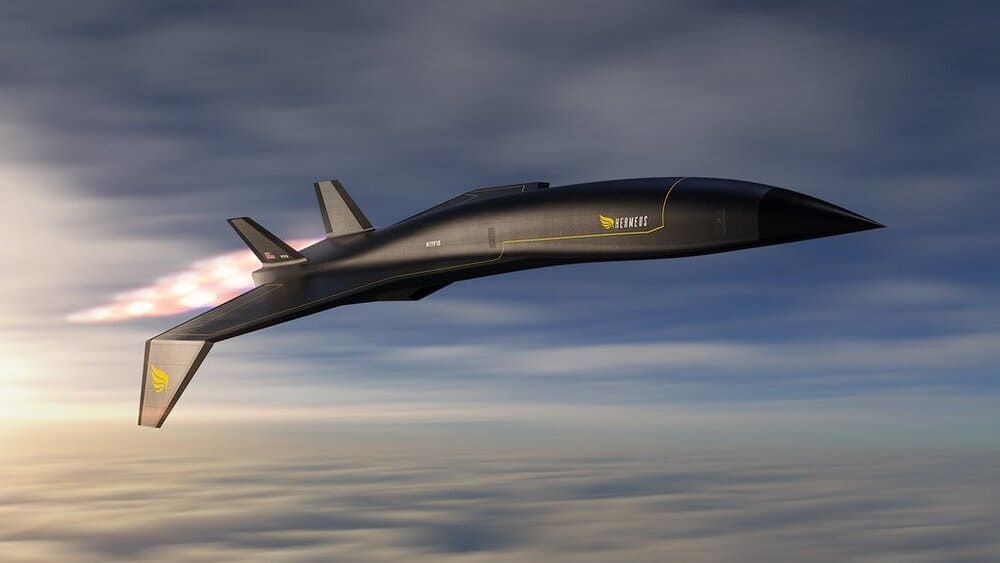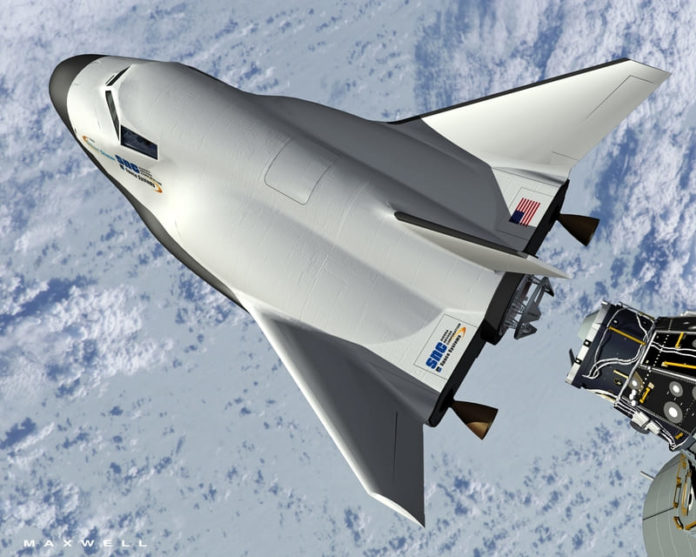Rocket launches have come a long way since the early days of space exploration. With rapid advancements in technology, the future of rocket launches promises to be even more exciting and transformative. Over the next decade, we can expect significant changes that will shape the future of space travel, satellite deployment, and beyond.
Reusability and cost reduction
One of the most groundbreaking advancements in recent years has been the development of reusable rockets. Companies like SpaceX have pioneered this technology, drastically reducing the cost of sending payloads into space. By reusing rockets, the cost per launch drops, making space more accessible and opening up new possibilities for exploration and commercial use.
Commercial space travel
The dream of commercial space travel is quickly becoming a reality. Companies like Blue Origin and Virgin Galactic are making strides in space tourism, offering suborbital flights to the edge of space. These ventures aim to make space travel accessible to non-astronauts, marking a significant milestone in human space exploration.
Mega-constellations and satellite networks
The rise of mega-constellations, such as SpaceX’s Starlink and OneWeb, is set to revolutionize global communications. These extensive networks of small satellites aim to provide high-speed internet access to even the most remote areas of the world, bridging the digital divide and fostering global connectivity.
Deep space missions
The next decade will see a surge in deep space missions, particularly to the Moon and Mars. NASA’s Artemis program plans to return humans to the Moon, while companies like SpaceX are working on missions to Mars. These missions aim to establish a sustainable human presence on these celestial bodies, paving the way for future exploration.
Advanced propulsion systems
Innovations in propulsion technology are set to revolutionize space travel. Concepts like ion propulsion and nuclear thermal propulsion promise to make space travel faster and more efficient, enabling missions to distant planets and beyond. These advancements could significantly shorten travel times, making deep space exploration more feasible.
Environmental considerations
As rocket launches increase, so do concerns about their environmental impact. Companies and space agencies are developing sustainable practices and technologies to minimize the carbon footprint of launches. This includes using greener fuels, reducing debris, and implementing eco-friendly launch techniques.
Government and private sector collaboration
Public-private partnerships are playing a crucial role in advancing space exploration. Governments and private companies are collaborating on various projects, sharing resources and expertise. Notable collaborations include NASA’s contracts with SpaceX and Blue Origin for lunar missions and satellite launches.
Small satellite launch services
The demand for small satellite deployment is on the rise, leading to the growth of dedicated launch services. Companies like Rocket Lab specialize in launching small payloads, providing affordable and efficient options for universities, startups, and other organizations to send their satellites into orbit.
Hypersonic travel
Hypersonic vehicles, capable of traveling at speeds greater than five times the speed of sound, are in development. These vehicles have the potential to revolutionize global travel, drastically reducing travel times between continents. The technology also holds promise for military applications and rapid cargo delivery.

Spaceports and launch infrastructure
The expansion of spaceport facilities worldwide is crucial for the future of rocket launches. New spaceports are being built, and existing ones are being upgraded to accommodate the increasing demand for launches. This global network of launch infrastructure will support a diverse range of missions and enhance accessibility to space.
Regulatory and policy challenges
Navigating the regulatory landscape is a significant challenge for the future of rocket launches. International policies and agreements must be updated to keep pace with technological advancements and ensure the safe and sustainable use of space. Cooperation among nations is essential to address these challenges effectively.
Space debris management
With more rockets and satellites being launched, space debris management has become a critical issue. Strategies to mitigate space debris include designing satellites with deorbiting capabilities, improving tracking systems, and implementing international guidelines for debris reduction. Sustainable space practices are vital to maintaining a safe orbital environment.
Innovative launch techniques
New methods for launching rockets are being explored to enhance efficiency and reduce costs. Innovations such as air-launch systems, where rockets are launched from high-altitude aircraft, and electromagnetic launch systems, which use magnetic fields to propel rockets, are being developed. These techniques could revolutionize the way we access space.
The next decade promises to be a transformative period for rocket launches. From reusable rockets and commercial space travel to advanced propulsion systems and deep space missions, the future holds immense potential. These advancements will not only expand our understanding of the universe but also bring significant benefits to life on Earth.













